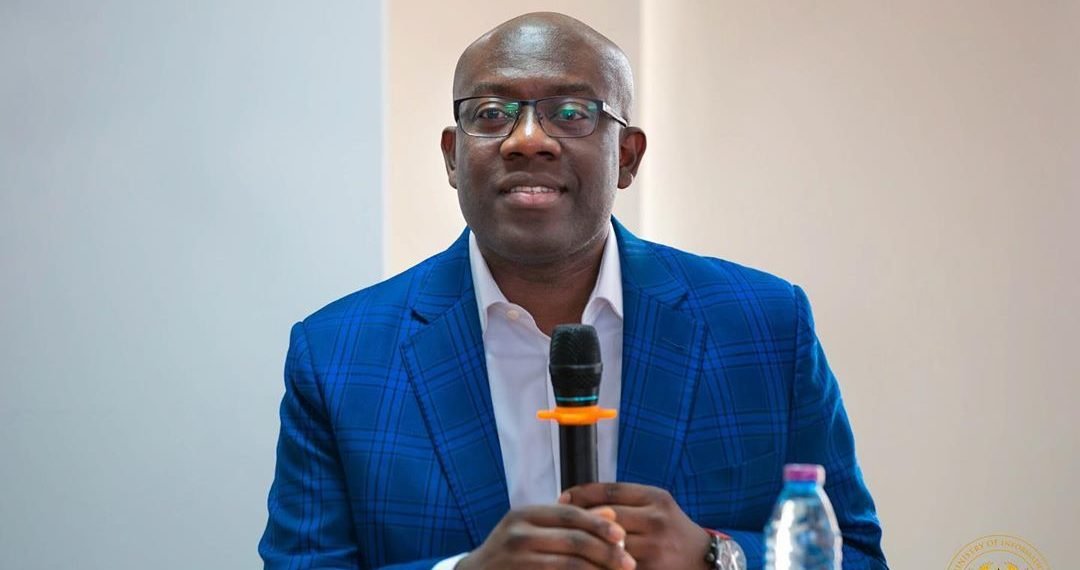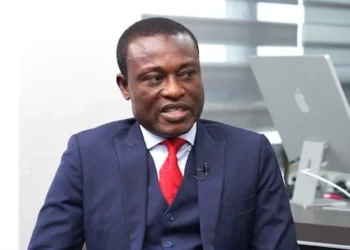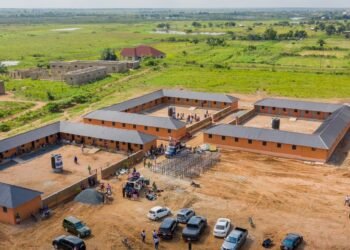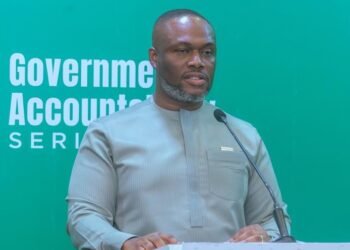Information Minister, Kojo Oppong Nkrumah, has expressed government’s resolve to address concerns raised by Reporters Without Borders (RSF) on the poor economic conditions of most journalists in the country.
Mr Oppong revealed that the safety of journalists in the country is crucial for government. He noted that the report is a baseline reference document, which may be used to gauge Ghana’s press freedom in the future.
Welcoming the report on Ghana’s press freedom by the RSF in a statement, the Information Minister indicated that government has adopted some measures to rectify the anomalies. He explained that although the publishers called for circumspection in comparing the 2022 report to that of 2021, due to the differences in methodology, government will still consider a raft of measures to improve the country’s rating.
“The Government of Ghana in pursuance of its desire to continuously promote press freedom and the safety of journalists, intends to… address the RSF’s concern about the poor economic conditions of most journalists in the country. Government will continue engagements with media associations including media owners to improve the working and economic conditions of journalists; collaborate with stakeholders in the fight against disinformation and spread of fake news”.
Kojo Oppong Nkrumah
Additionally, Mr Oppong noted that government will work in collaboration with the National Media Commission to deepen the execution of the coordinated mechanism on the safety of journalists. He emphasized that it will equally collaborate with stakeholders including Civil Society Organisations in deepening education for State and non-State actors on the safety of journalists.
Commenting on the highlights of the report, the sector minister stated that Ghana performed creditably well in three of the five parameters under the new methodology, namely: Political Context, Legal Framework and Social Context. With this, he indicated that Ghana scored 66%, 81% and 79% respectively.
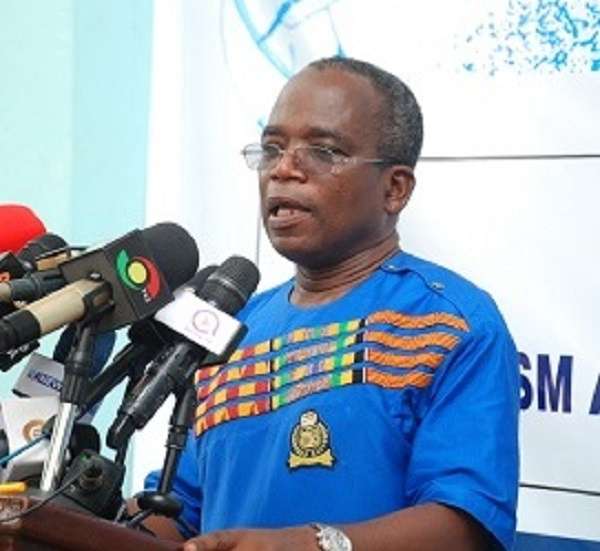
“It is worthy of note that this rather significant performance amidst a general downgrade is largely due to initiatives such as the passage of the Right to Information Act, the Coordinated Mechanism on Safety of Journalists and the Media Capacity Enhancement Programme.”
Kojo Oppong Nkrumah
Contrarily, Mr Oppong conceded that “Ghana’s performance on the safety of journalists leaves room for improvement”. He further noted that “Ghana’s performance on Economic Context is very poor…”
NMC laments lack of funding for journalists safety
Meanwhile, the Chairman of the National Media Commission, Yaw Boadu-Ayeboafo, has lamented the lack of funding for an initiative to address the safety of journalists in the country. He indicated that the initiative which was being developed with support from government and UNESCO stalled after funding was not forthcoming from the government.
“In 2020 there were attempts at developing this mechanism with support from UNESCO. Initially the Ministry of Information felt that it was the body that was to handle that. At the effective meeting, there were a lot of suggestions that the National Media Commission is better placed to handle that matter. Eventually the government came back and accepted that the coordinating mechanism for the safety of journalists must be a responsibility that must be ceded to the National Media Commission and therefore that was done.”
Yaw Boadu-Ayeboafo
Mr Boadu-Ayeboafo highlighted that the initiative requires the Commission to implement mechanisms that will monitor, measure and take account the safety of journalists who require funding.
READ ALSO: France and India Call for Immediate end to Ukraine Hostilities

